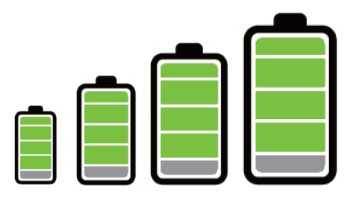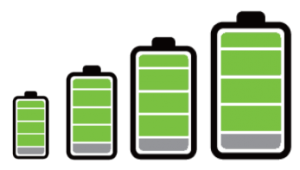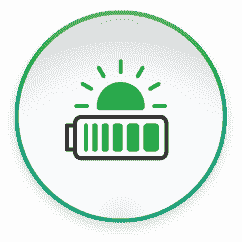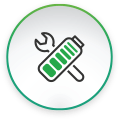UK clean technology group Altilium has begun processing lithium-ion battery waste at its ACT 2 recycling facility in Plymouth.
The 18,000 square foot facility has the capacity to process the equivalent of one electric vehicle (EV) battery (300kg of black mass waste) a day and is the latest phase of Altilium’s plans for megascale recycling as it builds towards commissioning its ACT 4 in Teesside.
ACT 1 saw a successful demonstration of Altilium’s proprietary EcoCathode process at a site in Tavistock. The EcoCathode process produces battery grade salts, precursor cathode active materials (P-CAM) and cathode active materials (CAM) from recycled EV battery waste.
The process has been independently validated and proven in a pilot recovering over 95% of cathode metals from waste EV batteries in a format that can be directly used in manufacturing.
As demand for EVs increases, so will demand for the materials required for battery manufacturing; using recycled materials is a way to reduce reliance on imported raw materials and develop a domestic supply chain for EV battery manufacturing.
By recovering critical minerals from end-of-life EV batteries and gigafactory waste, Altilium says it is supporting the growth of a globally competitive EV supply chain in the UK and minimising the carbon footprint of battery manufacturing.
An independent lifecycle analysis (LCA) has found that using a high-nickel NMC532 cathode produced using Altilium’s recycled materials could have a 74% lower climate impact than the use of primary mined minerals from a supply chain originating in China.
Read more: Current+






